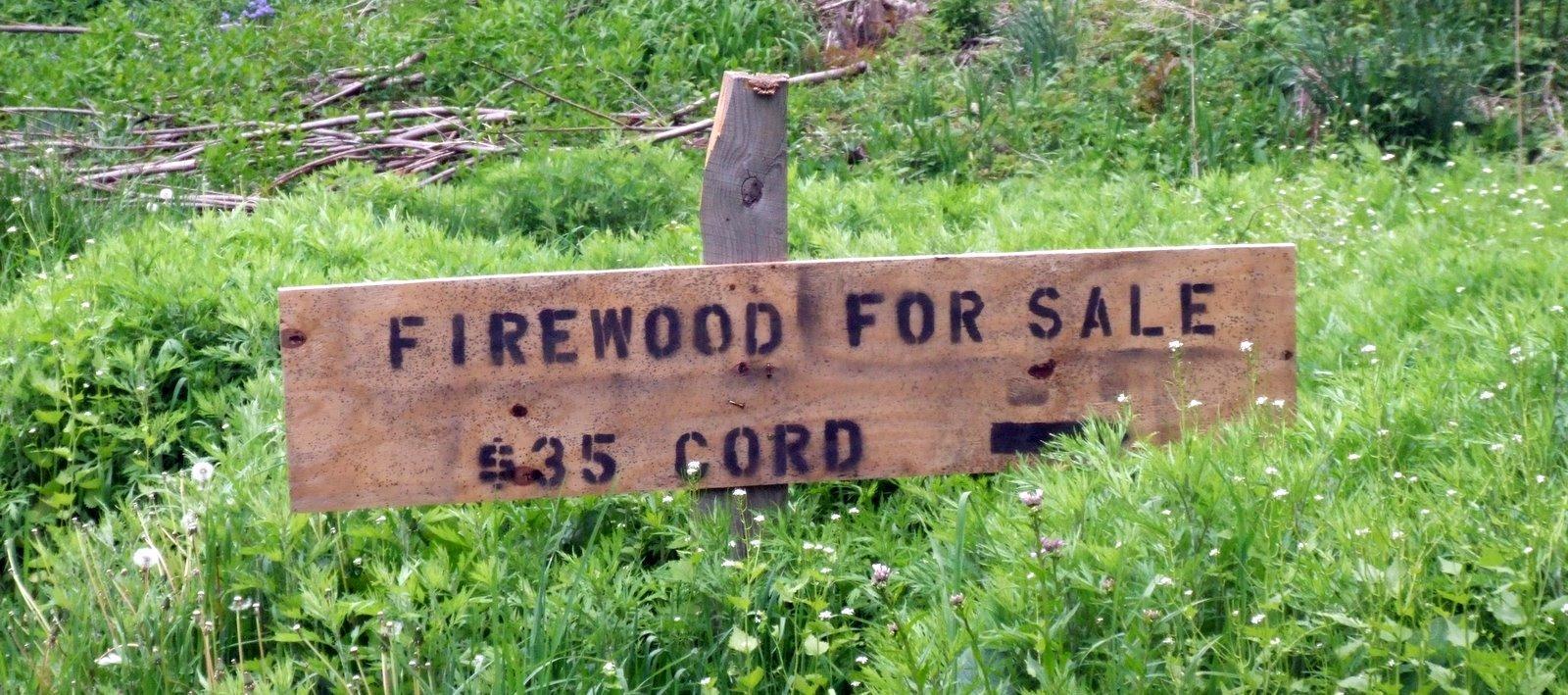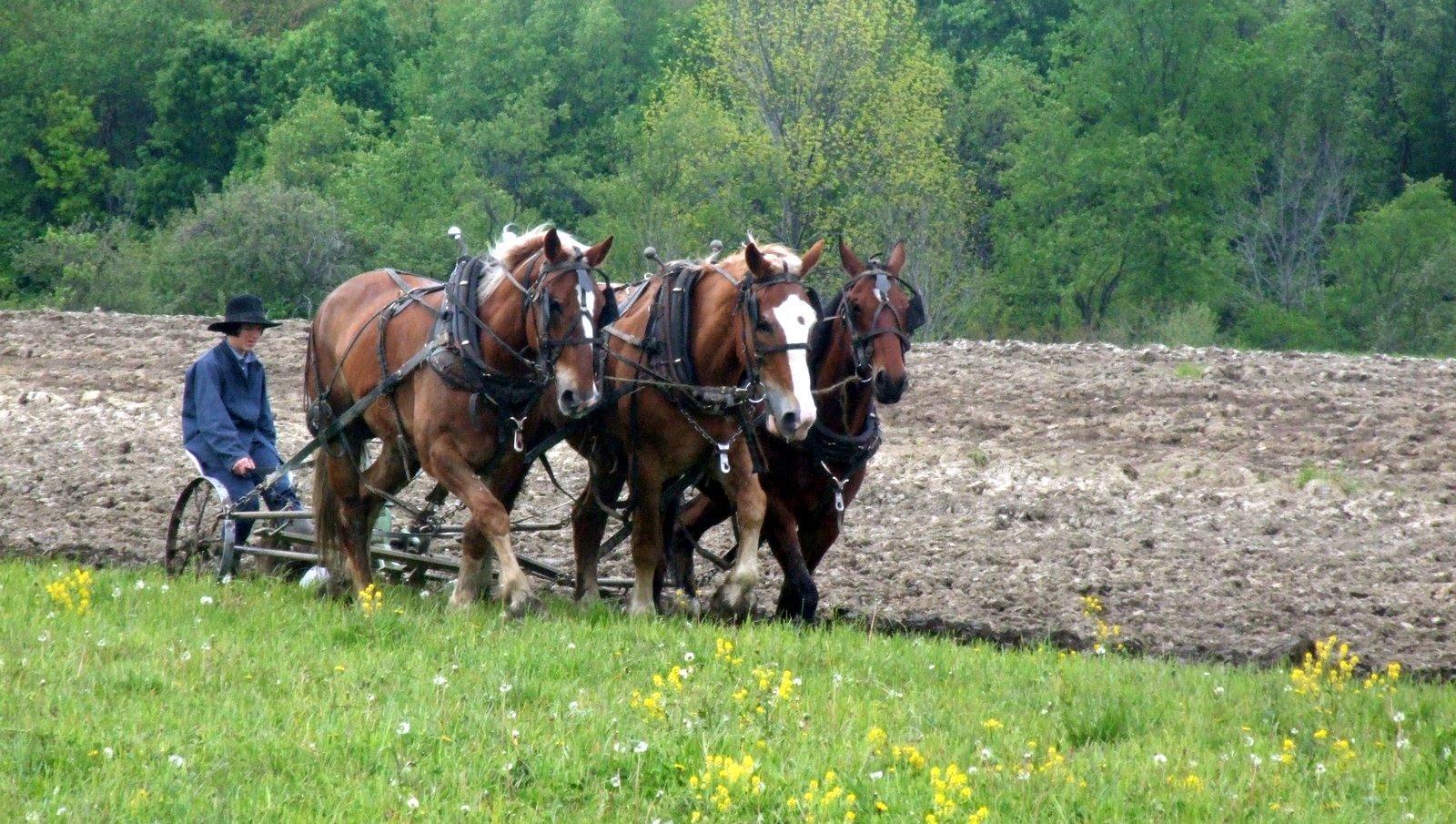May 17: Dunkirk, NY, to Corry, Pennsylvania

| Heart | 0 | Comment | 0 | Link |
CORRY, PENNSYLVANIA, isn't familiar to riders of the Northern Tier. For a good reason: it isn't on the route. We have taken a couple of days off to ride to Titusville, a place which has a real record in the history of the world. For it was there that petroleum was first extracted from the ground. It will take two days, or a day and a half, to get there.
We spent the night in the state park beyond Dunkirk. It was busy in the afternoon sun for students have just graduated and there were family parties in swing. By evening we had the place to ourselves, apart from a woman on a recumbent out walking her dog. Or, to be exact, the dog was walking and she was recumbent.
"It's pretty hilly back there," she said. We nodded politely, used to people saying places were hilly. There are people on salt flats who'd tell you it was hilly.
It was hilly. The road whacked straight up a climb to Brocton, where a slim, dark-haired woman raced round the side of the post office to give us tangerines.

| Heart | 1 | Comment | 0 | Link |
"Hey," she said, "Gina says you're cycling round America. That's cool. Have a tangerine."
Gina was the postmistress. She had asked our travellers' tales and she appeared to revel in the trip. Of course, you can never tell if people are being polite or if they are genuinely interested or even impressed. Gina evidently thought enough of it to tell her colleague and her colleague thought enough of it to bring us tangerines.
"You're going to Vancouver," she said, as much a statement as a question. "That's where I'm from."
"Everyone tells us it's a lovely city," Steph said.
Our slim friend, who could have been a runner or dancer to judge by her build, agreed.
"So what's a Canadian doing here in a village like this?"
"Well, I married an American and I have dual citizenship. I had children and then we were divorced, and so I stayed."
We talked a little longer and then she hurried back to work. The back of her T-shirt was printed "Sponsored by..." but with no name.
The next sign we saw advertised firewood by the cord. What on earth is a cord? It took me back to the shiny, red-covered notebooks I
bought from Woolworth's in my youth. On the back cover were conversion tables for things you never knew existed, like jeweller's drams and roods and poles. And American gallons to everyone else's gallons, because American gallons were smaller.
Gallons have vanished in Europe but they are still strong here. So are pounds and ounces and things measured in quarts, which I think is two pints and therefore a litre and a half.
And now cords!
We were reflecting on this when we passed through an area of simple farms with an unusual number of horses, lots of chopped firewood (cords and cords of it), and neither tractors nor power lines. We had ridden into an Amish community.

| Heart | 0 | Comment | 0 | Link |
"We've been here for three generations," Verna said. She was in an Amish carriage, a wooden, two-wheeled job with a roof and space for two behind a single horse. She was dressed in shades of blue, like a nun, with a covering for her hair. It was impossible to guess her age.
"And where were you previously?"
"We came from Pennsylvania."
"What led you to leave there?"
"I can't rightly say, sir."
She didn't seem comfortable talking to us. Behind her was a picket fence and beyond that a single-storey house. Out of a door at the end came a broom-bearded man in blue overalls and a straw hat. Dan, Verna's husband, was as smiling as Verna was severe.
"There are maybe 60 families hereabouts," he said. "We live this way because we want to. It's a simple life, one we value."
I asked if children valued it as much, wooed as they were by advertising and their peers if not by television, which an Amish house wouldn't have because it had no electricity.
"They don't often leave but, when they do, they come back once they've tried the rest of the world. Even the best lawns have brown patches."
Jacob joined us, a younger man, bearded and dressed like Dan but even more smiling, though he spoke less. Then it was their time to ask questions. Did France have farms? How far were we from Hungary, which was where one of their neighbours was born?
I asked if he had ever seen Hungarian written down.
"I've never been abroad," he said hurriedly.
No, simply, had he ever seen Hungarian spelled out, because it uses the letters the rest of us have left over at the end of a game of Scrabble. He said he hadn't. He was, at the same time, closed from the world but strongly interested in it.
"What are gas prices like where you live?"
We told him and commented that the cost of gas in America struck us as spectacularly low.
"Folk hereabouts complain it's too high," he said. An unusual comment, I thought, for a man I assumed went everywhere behind a horse. Or was that car in the driveway really not a visitor's after all?
Did the Amish really have no power, no electricity, no engine power, I asked.
"We have a tractor," Dan answered, "but only to drive the belt on a wood-cutter."
"And how do you get on in the winter?"
"We get snow six feet deep. We spend a lot of time hauling logs and ploughing snow!"
By evening in Corry, it had grown cold enough to snow. It was already raining and icy.
AMERICAN FLAGS SEEN: 109
| Rate this entry's writing | Heart | 3 |
| Comment on this entry | Comment | 0 |

